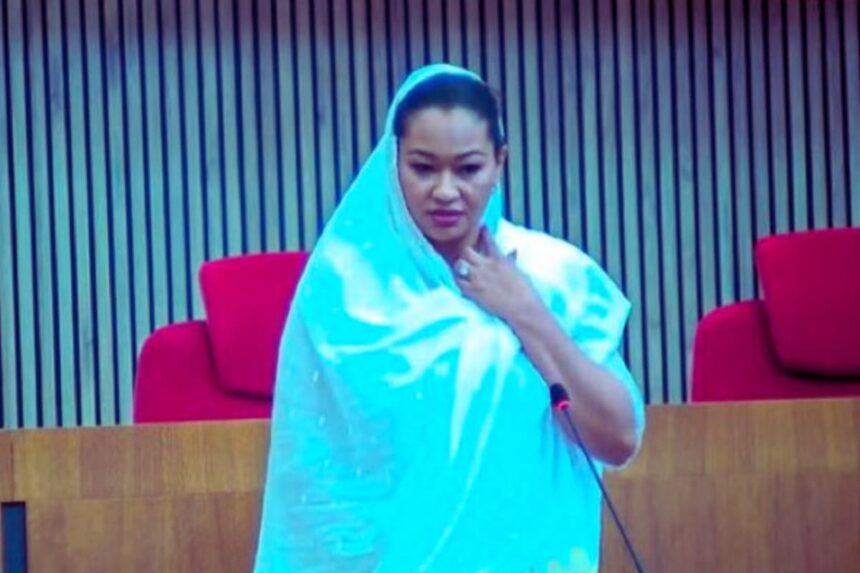Lokoja, Kogi State – The Federal High Court in Lokoja has set aside an earlier ruling that restrained the Independent National Electoral Commission (INEC) from accepting or acting on a recall petition against Senator Natasha Akpoti-Uduaghan, representing Kogi Central Senatorial District. This decision reinstates the constitutional right of the constituents to initiate a recall process.
On Thursday, March 20, 2025, Justice Isa H. Dashen granted an interim injunction preventing INEC from receiving or acting on any petition allegedly containing fictitious signatures of members of the Kogi Central Senatorial District. The court also barred INEC from conducting a referendum based on such a petition pending the determination of a Motion on Notice.
The injunction followed an ex parte application filed by Anebe Jacob Ogirima and four other plaintiffs, registered voters of Kogi Central who argued that the recall petition was fraudulent. Their counsel, Smart Nwachimere, Esq., contended that the petition contained forged signatures and was politically motivated. Notably, the move to recall Senator Akpoti-Uduaghan came after she accused Senate President Godswill Akpabio of sexual harassment, an allegation that has drawn significant public and political attention.
Critics questioned the timing of the recall process, pointing out that rather than investigating the senator’s sexual harassments allegations, some political actors appeared more interested in removing her from office. This development fueled speculations that the recall process was a retaliatory move orchestrated by powerful figures in the Senate.
However, in a landmark ruling on Friday, March 21, 2025, the same Federal High Court reversed its earlier injunction, affirming that the recall process is a constitutional right of the people. The court ruled that the constituents have the legal authority to initiate a recall, provided the process follows due procedure and is conducted peacefully.
Justice Dashen emphasized that the recall process is part of Nigeria’s democratic framework, allowing constituents to hold their representatives accountable. While acknowledging concerns over the authenticity of signatures in the petition, the judge ruled that INEC must independently verify the validity of the signatures rather than being restrained from receiving the petition outright.
“The recall process, as enshrined in the Nigerian Constitution, must not be obstructed. However, INEC must ensure transparency and accuracy in verifying all submitted signatures,” the judge stated.
With the injunction lifted, INEC is now legally permitted to receive and process the recall petition. However, the authenticity of the signatures remains a key point of contention, and further legal challenges may arise as the process unfolds. The case has been adjourned to May 6, 2025, for further deliberation.
This development has intensified political tensions in Kogi Central, with some viewing the recall process as a legitimate democratic exercise and others seeing it as a politically motivated attempt to silence a vocal senator. As events continue to unfold, all eyes remain on INEC’s next steps and whether the process will be conducted fairly and transparently.
The unfolding legal battle highlights the fragile nature of Nigeria’s political landscape, where legal instruments can be wielded for both justice and political maneuvering. While the right to recall remains a cornerstone of democracy, ensuring that the process is not tainted by political vendettas will be crucial in maintaining public trust.
As the case progresses, it remains to be seen whether this recall attempt will stand the test of legal scrutiny or if it will collapse under allegations of political intimidation and forgery.















